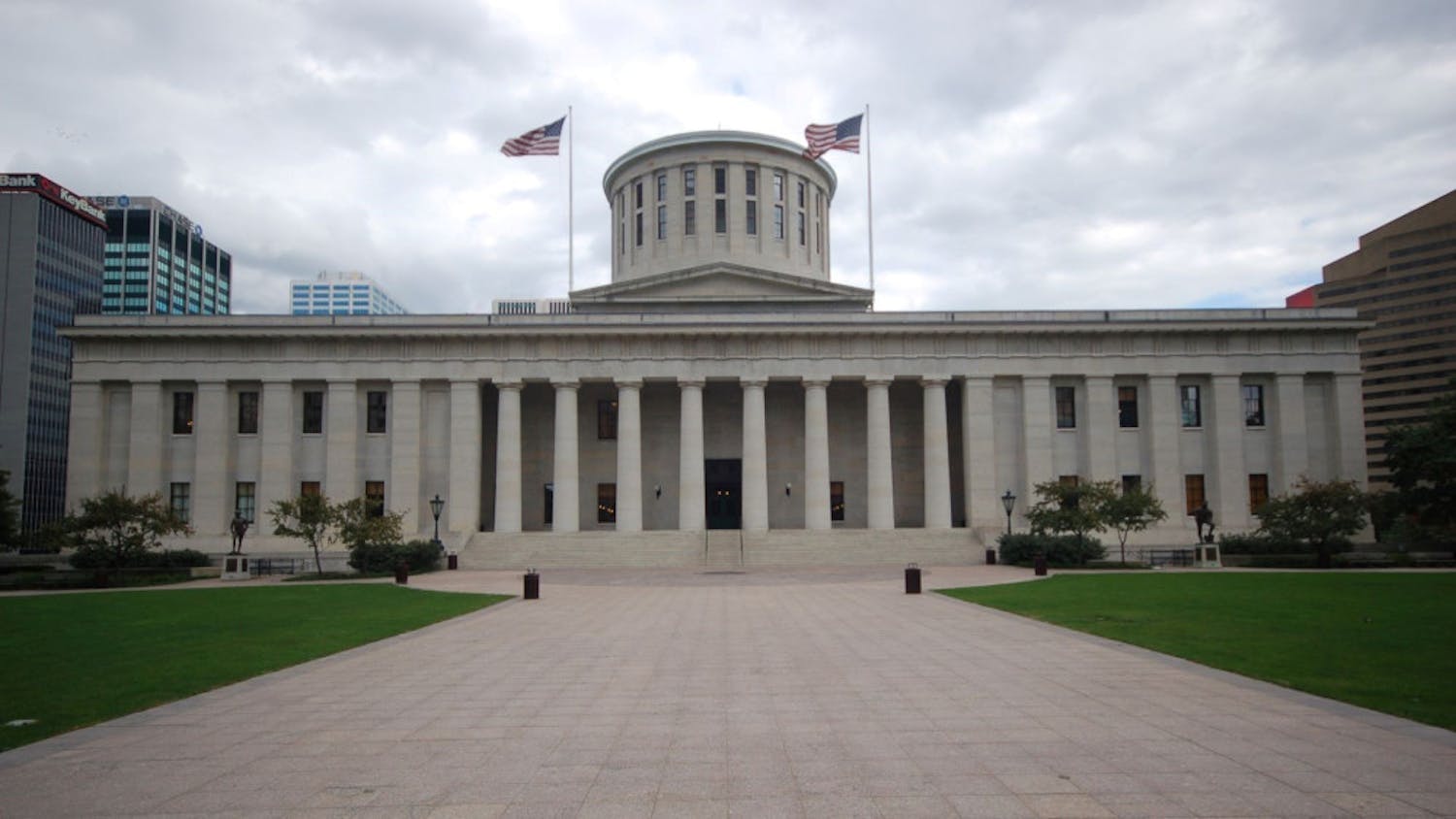Recent legislation once again has set internet ablaze with controversy and outrage. Last Thursday, April 26, the US House of Representatives released the hounds on yet another bill that could potentially turn the internet upside-down. CISPA (the Cyber Intelligence Sharing and Protection Act) was approved by the House with a vote of 248 to 168 and is now onto deliberation by the Senate. However, numerous other cybersecurity bills, similar to CISPA, have recently been stalled in the Senate. On top of the Senate’s general contempt for infringement upon our “virtual liberties,” Senate Democrats are even more likely to reject CISPA because of the White House’s threat to veto the bill. In other words, prospects for CISPA certainly look bleak. Regardless, CISPA remains alive under intense legislative scrutiny. For this reason, we must understand the context of the bill and its implications it may have on the internet -- an imperative tool we, as college students, use on a daily basis. In essence, CISPA was designed to open up the lines of communication between the US federal government and privately owned websites, internet providers, computer manufacturing companies and social media websites. As Orwellian as it may seem, CISPA would have the government monitor private information with the intent of finding any “threat” that may compromise the security of the internet, and transitively, the United States of America. Much like SOPA, the Stop the Online Piracy Act from earlier in 2012, the controversy concerning CISPA stems from the bill’s ambiguous verbiage, thus allowing a loose interpretation. Although each bill stands as a threat to our beloved “free” internet, a place where information and entertainment can be freely exchanged, they are still quite different. SOPA was meant to stop piracy. CISPA affects privacy. CISPA would override all other federal and state privacy laws, and allow a private company to share nearly anything—from the contents of private e-mails and Internet browsing history to medical, educational and financial records—as long as it “directly pertains to” a “cyber threat,” which is broadly defined. Most of the concerns over privacy arose from one specific area of syntax in the bill. By declaring CISPA “notwithstanding any other provision of law,” companies may share information “with any other entity, including the federal government.” By including “notwithstanding” in the bill, its creators intended CISPA to trump any pre-existing law that prevents the government from snooping in our private-online lives. For example, CISPA could override any confidentiality agreement that was virtually made, in order to obtain information the feds deem “hazardous to cybersecurity.” CISPA would not increase the jurisdiction of surveillance by Homeland Security or the National Security Agency by any means. However, the way in which information is digitally shared would have a dramatic change. If implemented, CISPA would possibly jeopardize the security and privacy we all are free to enjoy in our online experiences. Lee Tien, the Electronic Frontier Foundation (EFF) Senior Staff Attorney, says that civil liberties will be a central issue in the coming weeks. “We must do everything within our power to safeguard the privacy rights of individual Internet users and ensure that Congress does not sacrifice those rights in a rush to pass vaguely-worded cybersecurity bills,” said Tein. According to proponents of this bill, CISPA isn’t as detrimental as everyone claims it to be. Representatives Mike Rogers (R-Mich.) and Dutch Ruppersberger (D-Md.), authors of CISPA, worked with colossal companies such as Microsoft and Facebook to address their concerns with the current cybersecurity legislation. Because of this corporate collaboration, a lot of stakeholders are included in the bill. Representative Rogers says their bill is necessary to protect privacy. “In just the last few years, nation states like China have stolen enough intellectual property from just defense contractors, that would be equivalent to 50 times the print collection of the US Library of Congress,” said Rogers. “We have nation states who are literally stealing jobs and our future.” Perhaps this is why many of us haven’t heard of CISPA. With SOPA, prominent and highly trafficked websites like Wikipedia vocalized their dissatisfaction over the legislation through a series of online protests and a web-wide “blackout.” We haven’t seen this in regards to CISPA. Unlike SOPA, CISPA will not hold websites accountable for its users actions. CISPA targets individuals, not corporations. Amidst the barely decipherable political jargon that plagues the bill, CISPA has one trademark that nullifies the “thought-police” metaphor. Private companies, subject to CISPA, are not obligated to take the initiative to share information with the federal government. Nor are those private companies required to remove the anonymity of the information being divulged. If an internet service provider chooses to share an e-mail with the feds, the service provider can strip the e-mail of the name of its sender and recipient and contact information. In any case, the opposition to CISPA has been increasing. Even the White House has shown over the bill. A White House Official has said, “without clear legal protections and independent oversight, information sharing legislation will undermine the public’s trust in the government as well as in the internet by undermining fundamental privacy, confidentiality, civil liberties, and consumer protections.” If you find yourself opposed to this pernicious bill, it’s important to vocalize it. We must protect the internet, lest we must eventually protect ourselves from the internet.








